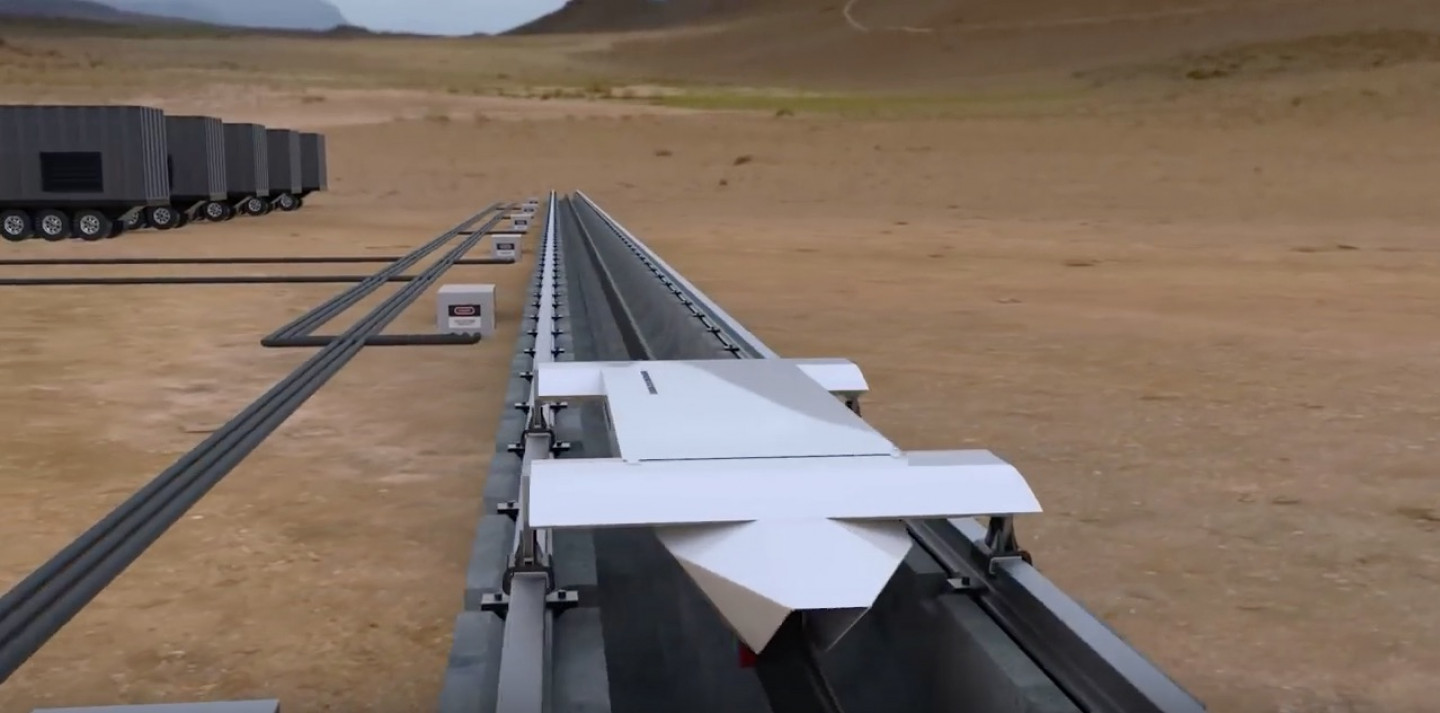For those of you yet to catch up on the latest futuristic transport tech (think 1930s pneumatic tubes) or on technology pioneer Elon Musk (think Marvel character Tony Stark) it seems driverless cars aren’t the only game in town.
Hyperloop Technologies have just announced a new high-speed test to be carried out in Las Vegas in early 2016. The system uses magnets to propel capsules/tubes through a low-pressure tunnel, potentially at speeds of 760 miles per hour – it is envisioned the tunnels can be overground or underground. This Propulsion Open Air Test won’t test the fully working final system, it’s just testing the motor on a 1km track.
The concept of the Hyperloop system was proposed by PayPal founder and Tesla Motors' Elon Musk in a 57-page alpha white paper in August 2013, and Hyperloop Technologies have taken up the challenge. Elon Musk’s own SpaceX version is set to test in Texas in the summer of 2016.
If the technology eventually emerges from the technological, financial and political challenges (it faces competition from the current political commitment to California High-Speed Rail), it aims to reduce the 380-mile journey time from San Francisco to Los Angeles to 30 minutes. Citylab’s Eric Jaffe is just one sceptic.
Whether Hyperloop is realised or or not (the current launch date is estimated to be 2020), with the number of engineers involved in this experimental project, one can imagine there will be other unexpected outputs.

